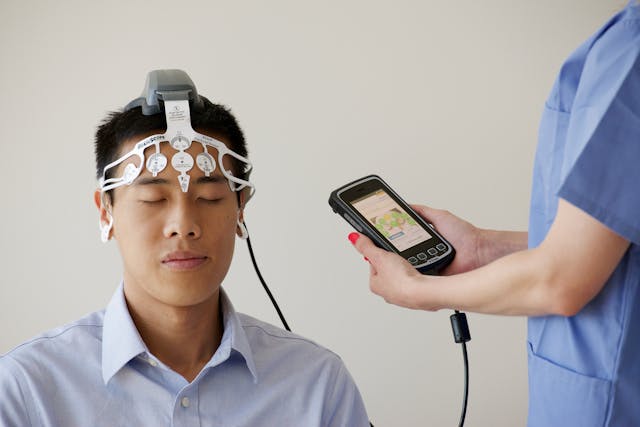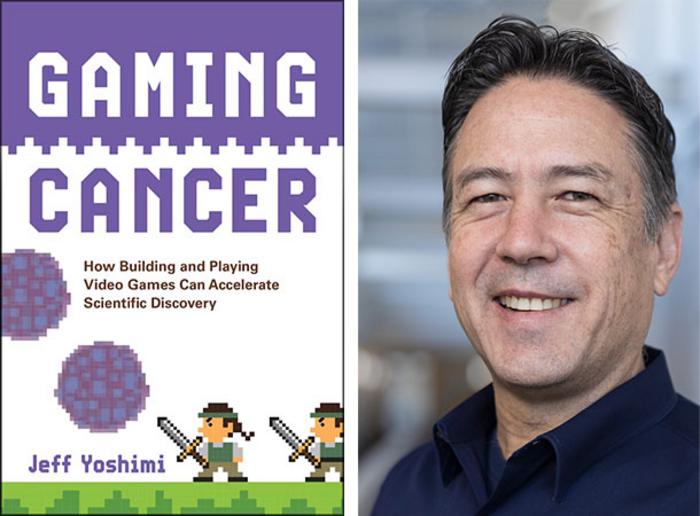In matters of heart health, women often aren’t diagnosed with cardiovascular disease as much as men. A widely-used scoring system, called the Framingham Risk Score, estimates the likelihood of developing heart issues over the next 10 years based on factors like age, sex, cholesterol, and blood pressure.
Researchers from the US and the Netherlands have found better ways to predict heart problems using a large set of data. They noticed that the current methods don’t diagnose women accurately compared to men. They also discovered that the best test for spotting heart issues in both men and women is an electrocardiogram (EKG).
The difference in heart structure between men and women affects diagnosis. Women have smaller hearts with thinner walls. But the criteria for diagnosing heart problems are often the same for both genders, meaning women’s hearts have to change more before they’re seen as risky.
When the researchers looked at how women are diagnosed compared to men, they found that using gender-neutral criteria leads to severe underdiagnosis of women. They found that women are underdiagnosed for certain heart issues like atrioventricular block and dilated cardiomyopathy more than men.
To make better predictions for both men and women, the scientists used four additional tests that aren’t considered in the Framingham Risk Score: cardiac MRI, pulse wave analysis, EKGs, and carotid ultrasounds. They studied data from over 20,000 people in the UK Biobank, a big database of health information.
Using machine learning, the researchers found that EKGs are the most effective at detecting heart disease in both genders. But they also think it’s important to still consider traditional risk factors like age and cholesterol levels.
This study is a first step in rethinking how we assess heart disease risk. But there are some limitations, like only studying middle-aged and older people in the UK. The researchers believe that tailoring medicine to each person’s specific needs would give the best results for everyone.
- source: Eurekalert







